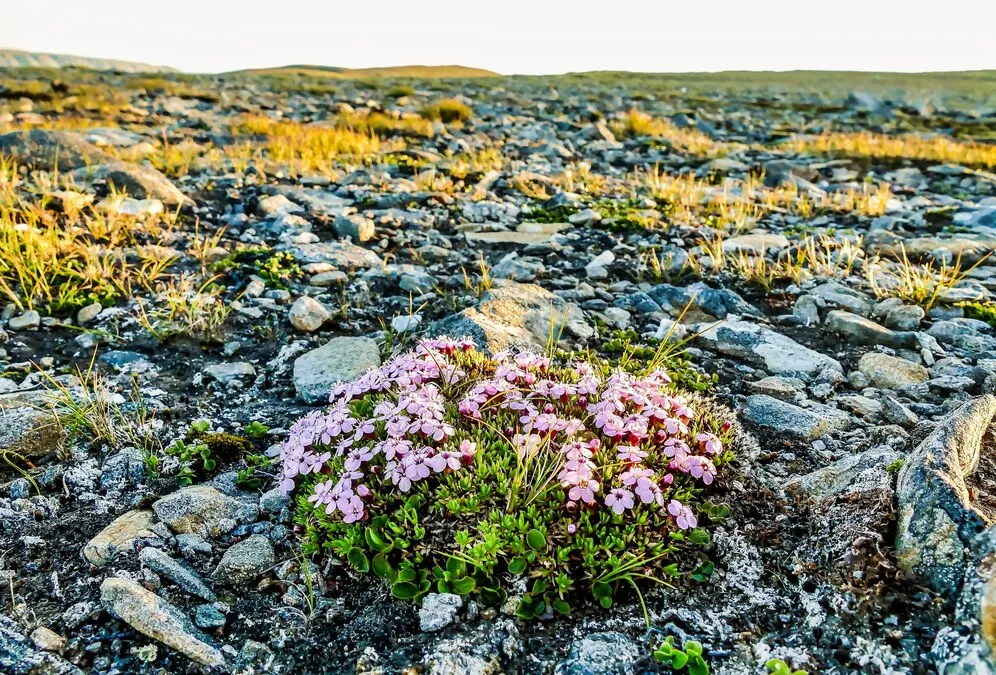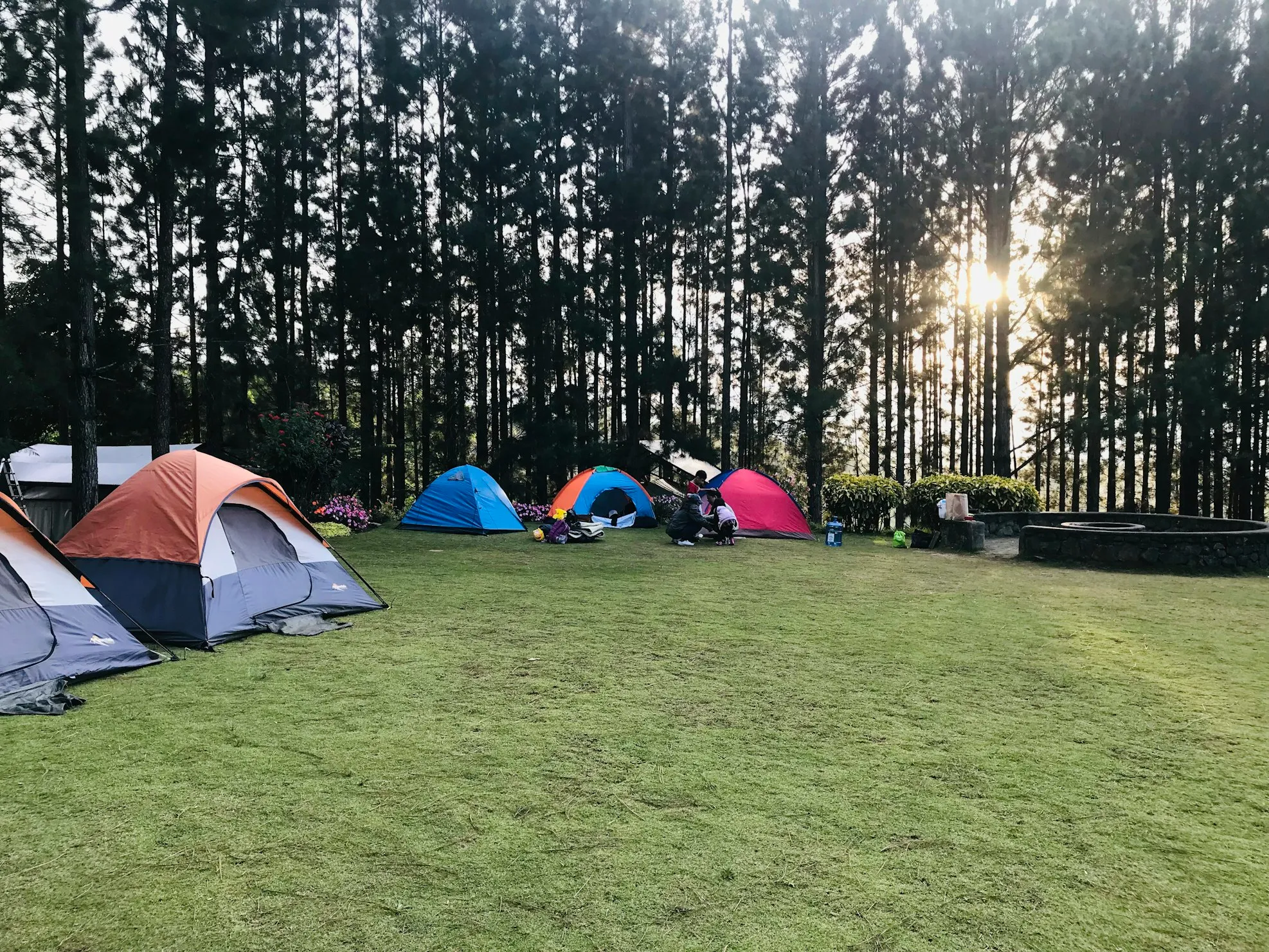Leave No Trace Principles: Responsible Exploration Through Outdoor Learning
As summer approaches, many of us begin planning adventure programs or outdoor recreation programs to escape the scorching heat and explore the serenity of the wild. Whether it's trekking in the mountains, participating in a school-led outdoor studies trip, a college leadership camp, or a corporate retreat, these experiences are more than just fun adventures—they are key moments in experiential learning and life skills development. In any outdoor adventure program or education outdoors setup, one of the most important lessons is learning to respect nature. The Leave No Trace principles serve as a guiding code of conduct for all participants, from students in the outdoor education curriculum to professionals engaging in team-building. These seven principles are essential to the experiential learning approach, blending environmental awareness with the experiential approach to learning.

1. Plan Ahead and Prepare
Preparation is a critical part of any experiential learning process. Before heading into the wilderness, it's important to understand the terrain, check the weather, and pack appropriate gear. Whether it’s a school trek, a college hike, or a corporate trip, this is more than logistics—it’s the foundation of personal development skills. Setting expectations and being ready for contingencies fosters life skill development such as foresight, adaptability, and decision-making—skills to develop in life.
2. Travel and Camp on Durable Surfaces
In outdoor curriculum environments, it’s essential to stick to marked trails and designated camping sites. Creating your own path may seem adventurous, but it can harm fragile ecosystems. For participants in experiential learning programs, this practice underscores the concept of experiential learning: exploration balanced with responsibility. Respecting nature while engaging in learning skills for life is a powerful way to experience the idea that learning is experiential.


3. Dispose of Waste Properly
Environmental responsibility is a key takeaway from any experiential approach in teaching. Littering or improper waste disposal can endanger wildlife, damage ecosystems, and ruin the experience for future groups. In experiential learning methodology, understanding consequences and acting mindfully is part of developing personal life skills and learning the real-world implications of our actions—important life skills to have.
4. Leave What You Find
In outdoor education, taking nothing but memories is a core ethic. Whether you’re observing unique flowers or intriguing rocks, resist the urge to disturb the environment. The goal is to develop respect for the natural world—a key element in experiential learning defined. This principle also enhances life skills development, encouraging observation, patience, and mindfulness—some life skills that are often overlooked in traditional classrooms.


5. Minimize Campfire Impact
While campfires often symbolize bonding in adventure programs, they must be handled responsibly. Improperly managed fires can damage flora, disturb fauna, and pose serious safety hazards. Experiential learning includes understanding cause and effect—knowing when to use alternatives like portable stoves shows accountability, one of the good skills to have in life.
6. Respect Wildlife
Watching animals in their natural habitat as part of outdoor studies can teach students and professionals about coexistence, conservation, and environmental ethics. This aspect of the experiential learning experience nurtures values and behaviors that support long-term sustainability—skills vital for our collective future.


7. Be Considerate of Other Visitors
Whether in school, college, or the workplace, empathy and respect are fundamental. In the wild, being mindful of noise levels, trail etiquette, and group dynamics helps everyone enjoy the experience. This aligns perfectly with the experiential approach: learning by doing, reflecting, and growing. It also strengthens skills for life, including communication, emotional intelligence, and awareness of others' needs.
Conclusion
The Leave No Trace principles go beyond environmental rules—they represent a mindset grounded in experiential learning means understanding the impact of your actions on others and the environment. These principles, embedded in outdoor adventure programs, cultivate life skills needed to thrive not only in nature but in life. Whether part of a structured outdoor education curriculum or an informal trek, these practices ensure that every memorable journey becomes an opportunity to explain experiential learning, enhance learning life skills, and build a generation that understands that true education outdoors is as much about protecting nature as it is about discovering oneself.